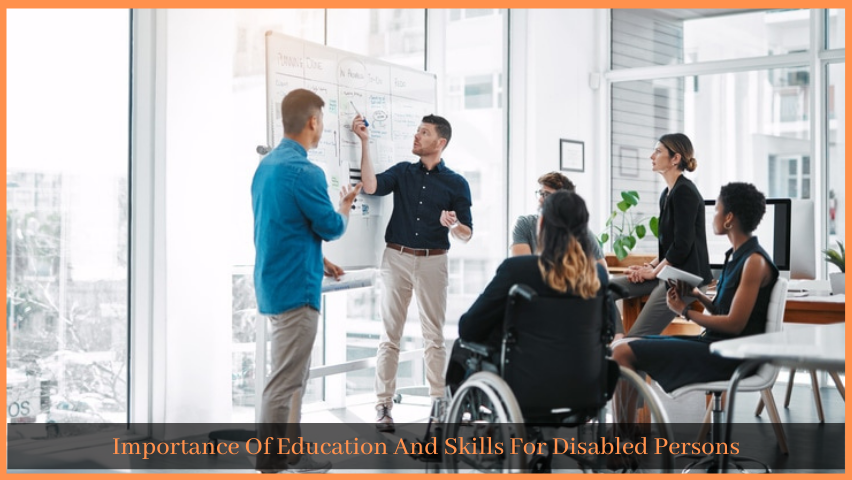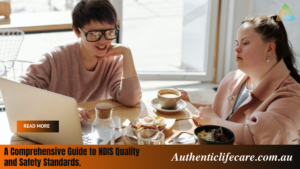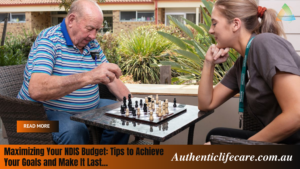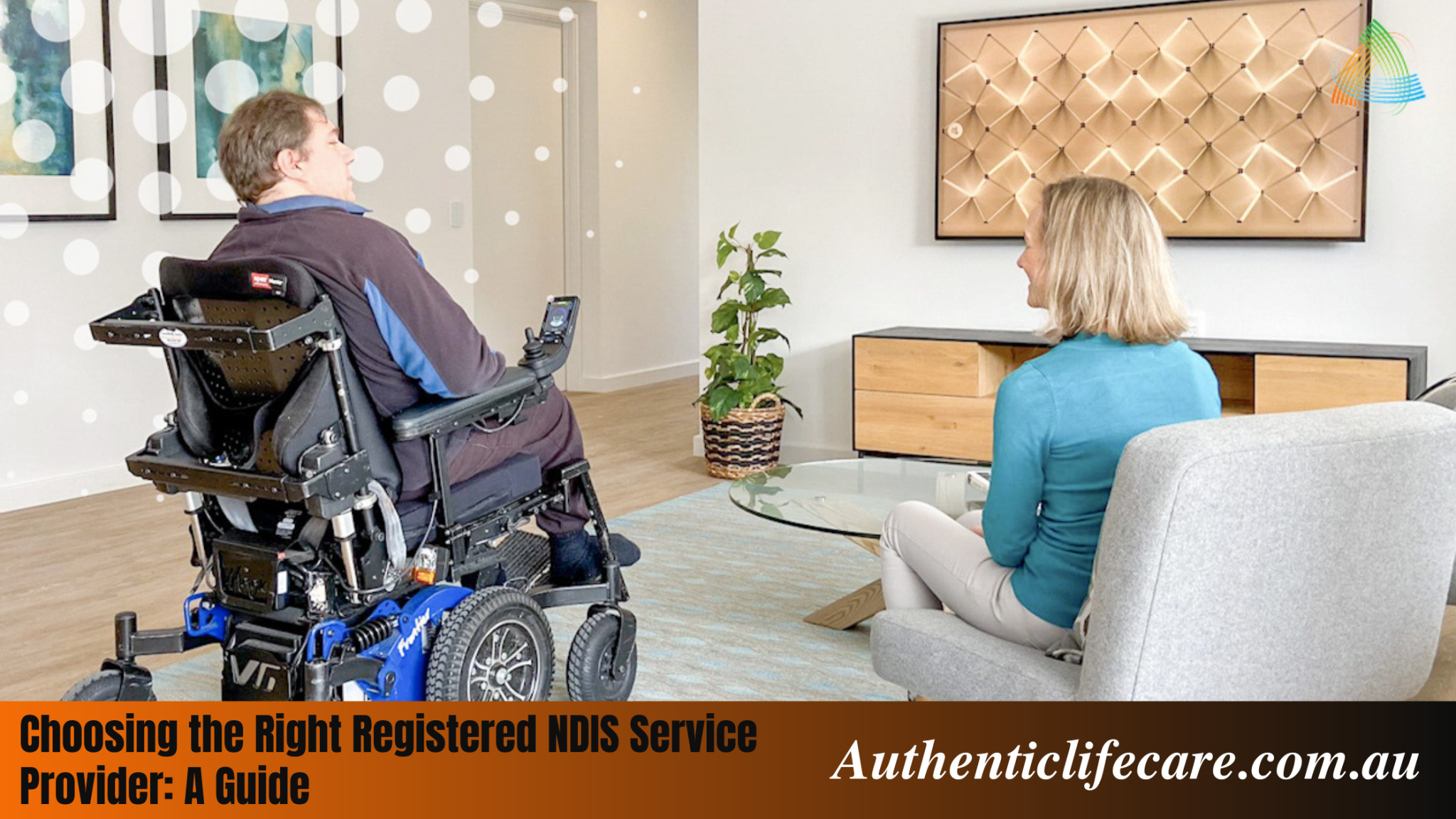Education
1. Encourage diversity in your culture
For adults with disabilities, education plays an important role in rising independence. This education is not, however, always directed at the individual.
Our local communities need to be accessible and able to accept different cultures, faiths and skills, and this may entail some schooling.
Many individuals are misinformed, or uneducated, about the abilities that disabled people have. It’s not their fault here. People are always too worried about upsetting someone to ask these kinds of questions. Give them a helping hand to learn, so they will be able to behave accordingly. All this helps to bring in an inclusive community.
2. Live a sound lifestyle
Having a fairly inactive lifestyle and an unhealthy diet is normal for adults with disabilities, particularly intellectual disabilities. Obesity and more serious diseases such as diabetes or heart disease may result from this lifestyle.
However, schooling alone won’t cut it. You may need to help your loved one build everyday behaviours that, though they are not with you, will lead to a safe and happy life. With a daily dose of light exercise and a safe, balanced diet, one great place to start is.
3. Let’s talk about having relationships
Of course, to keep these decisions on the right track, there is a certain degree of education needed for all involved. Be mindful of the risks of sexual assault, particularly for people with intellectual disabilities, for dependent adults, but don’t let them control the way you have choice and independence.
Adults with disabilities, the same as anyone else, want to explore and share their sexuality.
4. Consider schooling, jobs or volunteer options
Working, whether to study, make money or donate your time, will provide a sense of purpose for individuals. It is a chance to contribute to society and improve enhanced self-confidence and interpersonal skills.
Jobs or voluntary work is a vital component of independent living, helping to foster inclusion and create friendships.
Training and skills
1. Providing preparation to develop the skills needed for independence
The need for a new skill set also comes with increased self-sufficiency. Access and encouragement are the main components needed to help people develop their skills. People with a disability must have access, adapted to their needs and skills, to the right learning opportunities and support from a network of peers, family and mentors.
Encourage your loved one to develop a career and learning plan. Anything that sets out a roadmap for achieving their objectives and gaining the knowledge or skills they need to retain meaningful jobs.
To include mentors, coaches and teachers who can promote and advance this initiative, you can look to expand your support network.
2. Start with everyday life skills
The key to fostering autonomy and making it sustainable is not one “big” change to make. It’s a series of smaller changes that combine from the outside to look like a bigger change.
So start learning skills with everyday tasks that are low-risk: cooking, washing and ironing. Then move on to social and life skills when you are both ready—communication, relationships, shopping and involvement in local community groups.
These everyday life skills will create trust and prepare your loved one for the next step, which is to learn work skills: managing money, using technology and engaging in interviews. For all these abilities to be created, there is no perfect amount of time it should take.
3. Leverage technology for skills growth
Technology advancements continue to make learning and growth a quicker and more open endeavour.
Maybe the iPad or electronic tablet is the most commonly used piece of technology in learning for people with an intellectual disability. The iPad is intuitive to use and can give every person a personalised learning environment.
A library full of helpful software that is explicitly designed for assisted learning and improved communication can also be loaded with the iPad.
4. Using repetition through the production of daily routines and habits
We are habit beings. Some of the feelings that we have and the things that we do are the same every day. It can be difficult to break these patterns or build new ones since we also resist changes.
But to help you improve your skills and learn new things, you can use this to your benefit. The secret is repetition. If you do anything often enough, it will soon become second nature.













